
The 79th session of the IMO's Marine Environment Protection Committee (MEPC) is meeting this week to tackle a number of bunker-related issues.
ISWG-GHG 13: A key topic at MEPC 79 as regards the reduction of GHG emissions from ships will be discussions related to the report of the 13th sessions of the Intersessional Working Group on Reduction of GHG Emissions from Ships (ISWG-GHG 13), which met last week and covered both the revision of the Initial IMO GHG Strategy (towards adopting an updated Strategy in mid-2023 at MEPC 80) and the implementation of mid-term measures to incentivize the move away from fossil fuels to low- and zero-carbon fuels.
Life cycle GHG/carbon intensity guidelines: The MEPC is expected to consider the development of the draft guidelines on life cycle GHG intensity of marine fuels. At ISWG-GHG 11 in March, the working group agreed that the technical lifecycle guidelines would cover the lifecycle assessment (LCA) method, which refers to the assessment of GHG emissions from fuel production to the ship (well-to-wake).
IMO DCS: MEPC 79 will discuss the revision of the IMO Data Collection System (IMO DCS), which collects and reports fuel oil consumption data from ships.
EEDI: The MEPC will consider a proposed amendment to the 2018 Guidelines on the method of calculation of the Attained Energy Efficiency Design Index (EEDI) for new ships; and the report of the Correspondence Group on the Possible Introduction of EEDI Phase 4.
Flash point adoption: The MEPC is expected to adopt draft amendments to appendix V of MARPOL Annex VI, to include the flash point of fuel oil or a statement that the flash point has been measured at or above 70ºC as mandatory information in the bunker delivery note (BDN).
Mediterranean ECA adoption: MEPC 79 is set to adopt amendments to designate the Mediterranean Sea as an Emission Control Area (ECA) for sulphur oxides and particulate matter, under MARPOL Annex VI. The fuel sulphur limit for ships will be 0.1%.
Air pollution prevention: The MEPC is to consider documents which have been submitted in relation to a possible bunker fuel licensing system; the impact of the use of biofuels on NOx emissions; and exhaust gas cleaning systems (EGCS).

|
LNG-fuelled ships account for 79% of alternative fuel orders in 2025, SEA-LNG reports
Industry coalition highlights decade of progress and over $150bn investment in methane-based marine fuels. |
|
|
|
||

|
Maritime piracy incidents rise 18% in 2025, Singapore Straits accounts for majority
ICC International Maritime Bureau reports 137 incidents globally, with violence against crew continuing. |
|
|
|
||
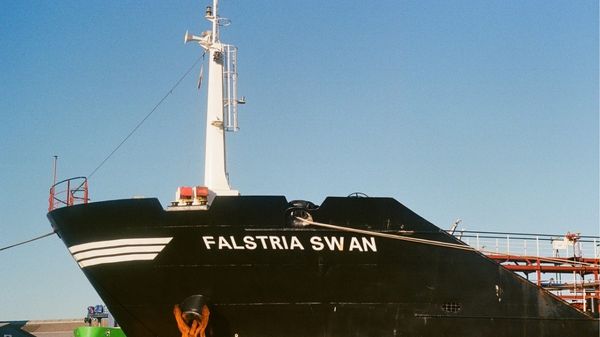
|
Biodiesel cuts black carbon emissions by up to 81% in shipping trial
Project CLEANSHIP submits real-world sailing data to IMO showing biodiesel's climate benefits for shipping. |
|
|
|
||
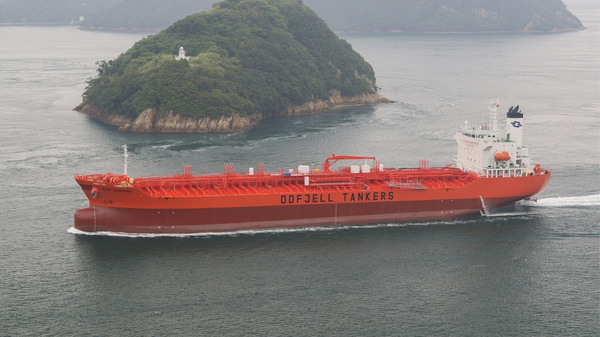
|
Petrobras signs renewable bunker fuel deal with Odfjell for Brazil-Norway green corridor
Brazilian state oil company to supply up to 12,000 tonnes of B24 blend in 2026. |
|
|
|
||

|
Singapore ammonia ship-to-ship bunkering deemed feasible with safety measures, says GCMD
New report identifies operational risks and safety zones for ammonia transfers in Singapore's port waters. |
|
|
|
||

|
Jiangnan Shipyard secures orders for 16 vessels across three deals in January
Chinese yard signs contracts for ammonia carriers, LNG carriers, and container ships with EPS and Cosco. |
|
|
|
||

|
Flex Commodities hires Paras Rastogi as marine fuels trader
Dubai-based trader adds bunker specialist with experience in trading, operations, and international markets. |
|
|
|
||
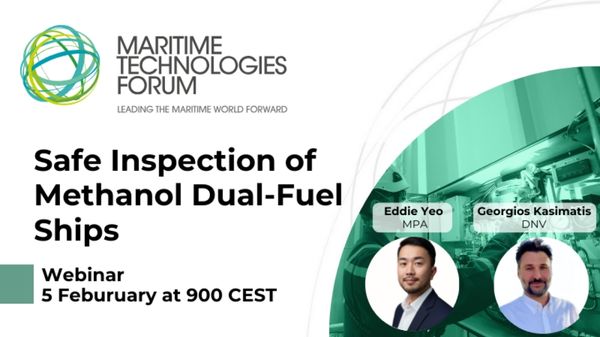
|
Maritime Technologies Forum to host webinar on methanol dual-fuel ship inspection guidelines
MTF webinar on 5 February will present recommendations from recently published safety inspection report. |
|
|
|
||
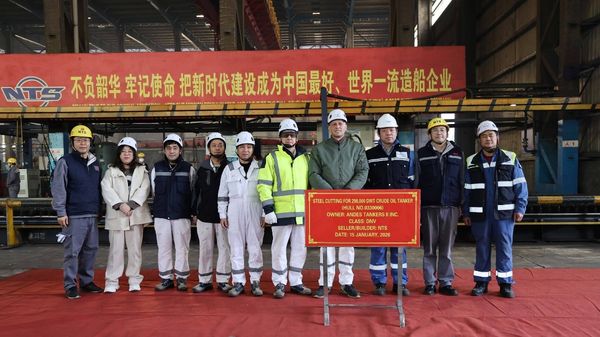
|
Steel cutting begins on 298,000-dwt LNG dual-fuel VLCC
Chinese yard commences construction on sixth vessel in series for Andes Tankers II with DNV class oversight. |
|
|
|
||
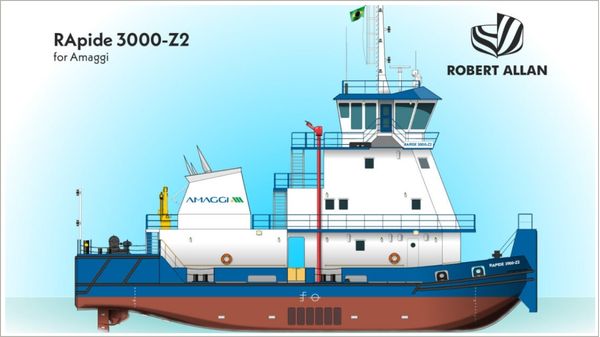
|
Robert Allan completes pushboat design for Hermasa with biodiesel capability
RApide 3000-Z2 vessels designed for Amazon grain transport with B100 biodiesel fuel option. |
|
|
|
||
| Med ECA approved; zero 2050 target gains traction [News & Insights] |
| 25 years of air pollution regulations [News & Insights] |